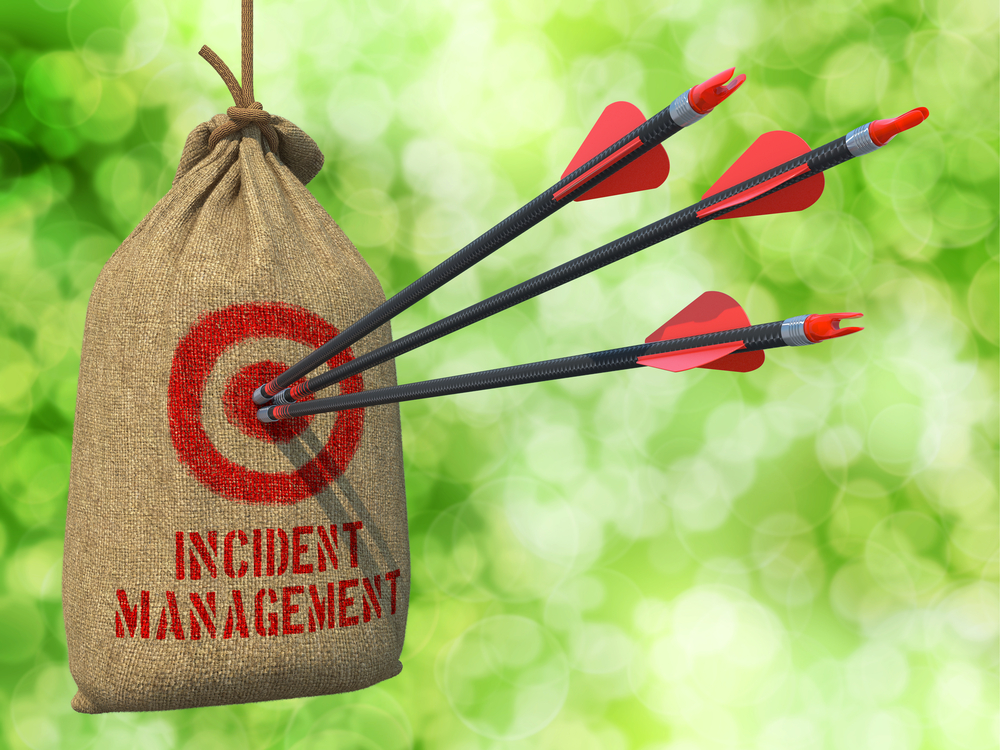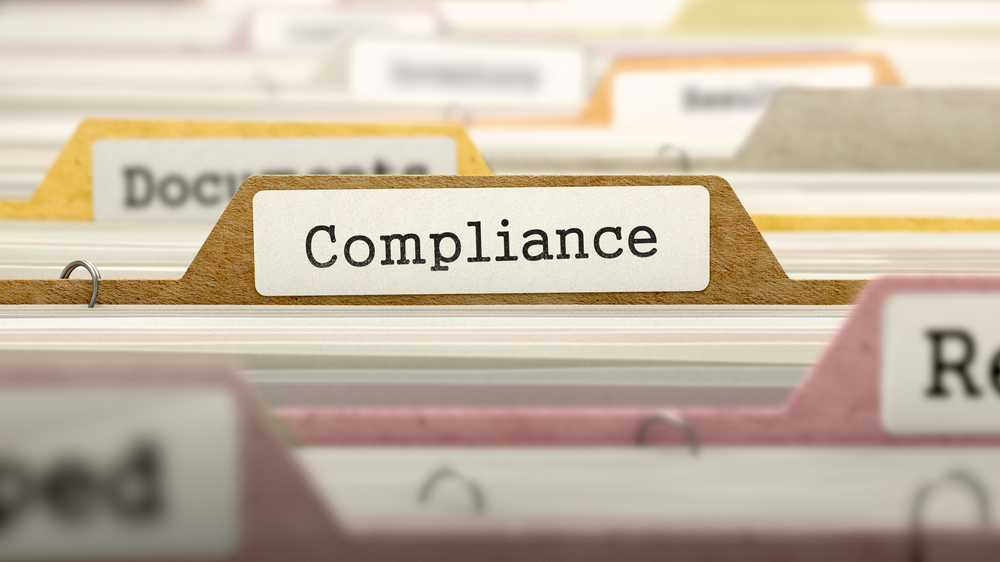The current pandemic situation has given rise to an insurmountable number of martech vendors. As financial companies are forced to develop a rock-solid digital transformation strategy, it becomes important to choose the right vendors that can help them meet their business goals and objectives. Evaluating martech vendor readiness is a crucial aspect for any financial company and has to be done meticulously. However, in the rush to adopt a digital-first strategy, marketers often ignore a very important vendor capability – data security.
In the past couple of years, there have been frequent reports about data security breaches in leading SaaS-based organizations. Just early this year, popular video conferencing platform, Zoom came under heavy criticism in the media for their security lapses. Similarly, any martech vendor in the world can have the same issues. The Banking, Financial Services, and Insurance (BFSI) industries deal with very sensitive data. Hence, martech vendors need to undergo serious scrutiny regarding their ability to handle data privacy and security.
We have compiled 7 questions for evaluating vendor readiness with respect to data security, privacy, and compliance:
Evaluating Martech Vendor Readiness
1. Security Policies

Are there comprehensive security policies in place at the leadership level to safeguard customer data?
Financial customer data is extremely valuable and should be treated with the utmost care. Trusting your data with a vendor is a huge decision and commitment. And decisions shouldn’t be made only on the features offered by the vendor’s martech solution. Financial marketers should first check if the vendor’s leadership team have ensured adequate security policies in place.
2. Incident Management & Business Continuity Management

In the event of a security incident, are there appropriate management responsibilities and
procedures in place?
Financial marketers should always assess a vendor’s incident management capabilities. How do they react when there is a security breach? What will their first plans of action to mitigate threats? Do they have a good business continuity plan once the issue is resolved?
3. Asset Management

Has the customer data been classified in line with set expectations?
How is the vendor going to handle your valuable customer data? What are the protocols involved? How are the assets going to be managed? Are there asset management plans or guidelines?
4. Communication Security

Do vendors have network controls & information transfer policies and procedures in place?
Martech tools involve the transfer of data from one system to another. Vendors need to have network controls and information transfer policies in place when they share and feed this data across multiple technologies and systems.
5. Access Control & Cryptography

Is there effective and proper use of cryptography employed for customer information protection?
Cryptography basically involves the use of encryption to make the data more secure. When a martech vendor is handling sensitive client data, they need to ensure that they use proper cryptography techniques to protect and safeguard their data.
6. Third-Party VAPT

How frequently are Vulnerability Assessment & Penetration Tests (VAPT) run on their systems and are there any available reports?
VAPT tests point out the vulnerabilities in a technology infrastructure. The more frequent a martech vendor does these tests, the better is for them to iron out any security vulnerabilities. If such tests are done, financial marketers should always ask for test reports that they themselves can analyze and verify.
7. Security Compliance

Have vendors achieved security compliance (ISO 27001:2013 & ISO 27018:2014)?
If martech vendors have a security certification such as an ISO certification, it builds a lot of credibility for them and makes them more trustworthy. Financial marketers should always partner with a vendor who has their security compliance done from a reputed organization such as ISO.
In Conclusion
Financial marketers are under a lot of pressure to boost their digital revenue. To do it successfully, they need to invest in martech solutions from reliable vendors. Vendors are accountable for the data security standards demanded by the Financial Services industry. It’s very important that they have satisfying answers to all the 7 questions mentioned in this article. These data security questions were carefully chosen to help financial marketers evaluate vendor readiness and select the right vendor for their business.
Lemnisk’s Hybrid Customer Data Platform adheres to the GDPR guidelines of customer consent and the management of first-party data. Lemnisk is ISO 27001 certified and ISO 27018 compliance certified, accredited by BSI. We value your privacy preferences and we make sure that your personal data is treated with the utmost security whenever you engage with us or use our technology.
Get in touch with us to know more about how we can help your business.
By Bijoy K.B | Senior Associate Marketing at Lemnisk

Leave a Reply